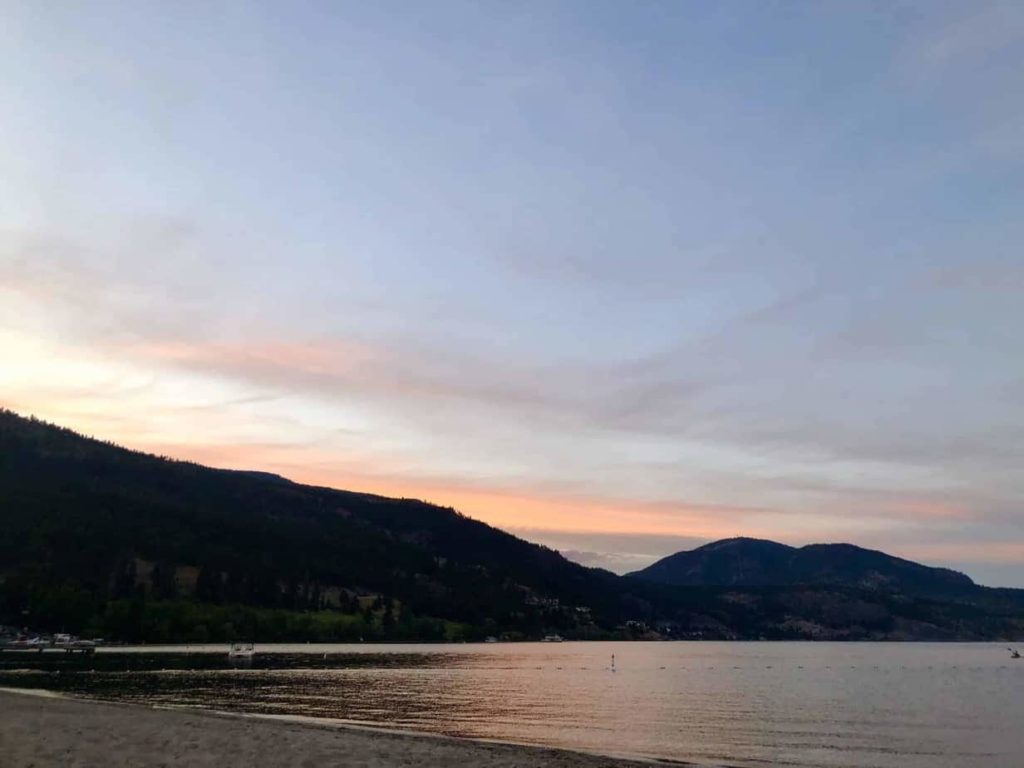
As we begin to see and feel the subtle shifts of the seasons changing, we are thinking about how everyone is preparing for fall. Here’s what we are seeing:
- Friendship centre in Vernon, B.C. utilizes COVID-19 closure to upgrade facilities, according to reporter Kelsie Kilwana, “North Okanagan Friendship Centre Society is getting renovations and repairs as staff prepare to reopen.” Patricia Wilson, an Okanagan Nation member and NOFCS executive director says that, “We are preparing for the next 20 to 25 years of services to be provided in these buildings. Wilson continues, “The upgrades were long overdue, and with careful planning, we have been able to create a warm, welcoming, COVID-19-friendly environment.” With ongoing renovations Kilwana reports that, “The global pandemic hasn’t stopped the NOFCS staff from making sure these needs are met.” Wilson said that, “We have been creative to ensure that our services are still accessible to as many that require the services, however challenging it may be.”
- How an Indigenous learning centre in the Okanagan is getting creative for fall, in Athena Bonneau’s latest she reports that, “For thousands of years, the Indigenous culture has been taught through oral teaching and interacting on the land. This year, at many schools and centres for learning, that teaching has been disrupted. Since March 16, Okanagan’s En’owkin Centre has been closed due to the COVID-19 pandemic.” According to Tracey Kim Bonneau, En’owkin’s manager of arts, culture and adult higher learning, and is also Bonneau’s aunt, “We never anticipated having to deliver [all courses] online,” she continued to explain that, “There will be no face-to-face learning at all because we’re not confident enough that our learners would be disrupted if we do face a second wave of the COVID-19 pandemic. And the other reason is we need to keep our staff and our workers safe.”
- Why Haudenosaunee women are central to advocating for land rights, from Oka to Caledonia, according to the CBC journalist Jessica Deer, a group of Haudenosaunee women from Six Nations of the Grand River, “are opposing the use of injunctions against their community members who have been occupying a housing development outside Caledonia, Ont., since July 19.” In response to the injunctions the women issued a statement, “Courts violate and criminalize the rights and responsibility of our women by preventing us from fulfilling our responsibilities to the land and our future generations in accordance with Haudenosaunee Law.” Ellen Gabriel, a Kanien’kehá:ka artist and activist from Kanesatake told CBC, “The land is who we are,” and continued to explain, “Women are the ones protecting the land, and the men protect the women.”
- ‘It’s like paradise for us’: the Cree Nation’s fight to save the Broadback Forest, in an in depth article by The Narwhal, looks at the Broadback Forest, one of the “most carbon dense places on the planet,” and they speak with community members who are fighting to save it. They spoke with Waswanipi community member Don Saganash said, “It’s very important for the next generation to see how our great-grandfathers lived. If they clearcut the area, I won’t be able to explain it to my grandchildren.” They reported also that,“The ministry said the provincial government and the Cree Nation government are “in the process of planning to protect 20 percent of the Eeyou Istchee James Bay territory” by the end of 2020 — an area totalling 2.8 million hectares — as part of Plan Nord, an economic development strategy for Quebec’s natural resources extraction sector north of the 49th parallel. Representatives from both governments are discussing the Broadback Valley area, the ministry said.”
- First Nations back-to-school COVID-19 funding falls far short, says AFN regional chief, CBC reports, “The $112 million for COVID-19 back-to-school preparations for First Nations that Ottawa announced on Wednesday falls far short of needs faced by communities, according to the Assembly of First Nations (AFN) regional chief responsible for education.” Federation of Sovereign Indigenous Nations Chief Bobby Cameron, who is the AFN regional chief for Saskatchewan told CBC, “Obviously our expectations were much higher,” he continued to explain that, “We should have received $1 billion or close to it and at least we would have a fighting chance to have our schools ready.” CBC reports that “[Minister of Indigenous Services Marc] Miller said the federal government has provided more than $2 billion in support to Indigenous communities across the country since the pandemic began — in addition to other federal programs like the Canada Emergency Response Benefit (CERB). “It is a number with respect to which we will have an enormous amount of flexibility,” said Miller. “It is a significant amount of money for schools on-reserve to do … retrofitting to ensure a safe opening.”
If you have news or information that you want to share, email me: chehala@indiginews.com.



